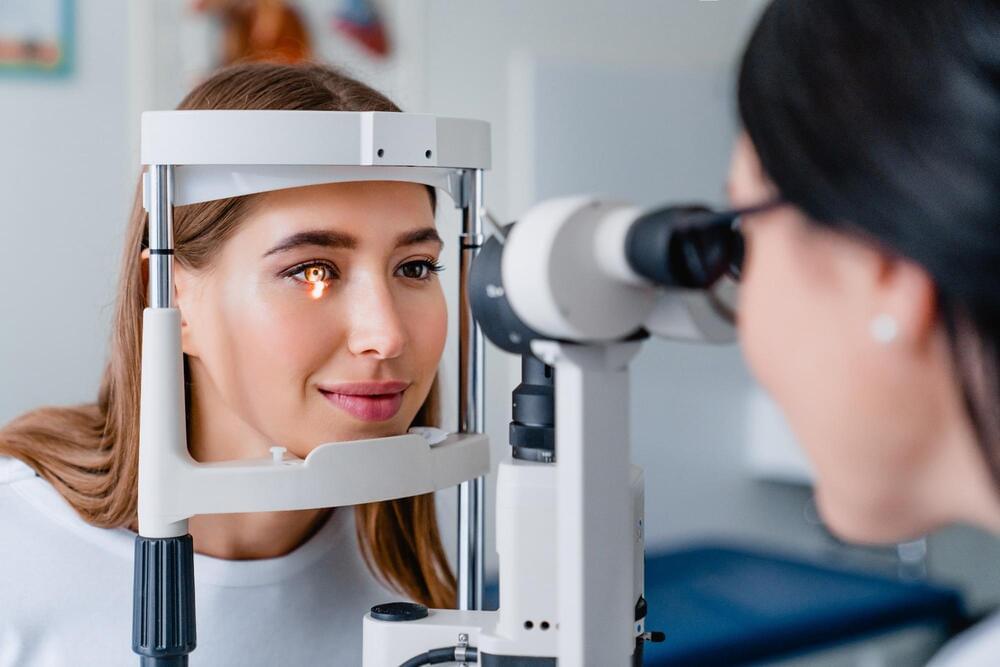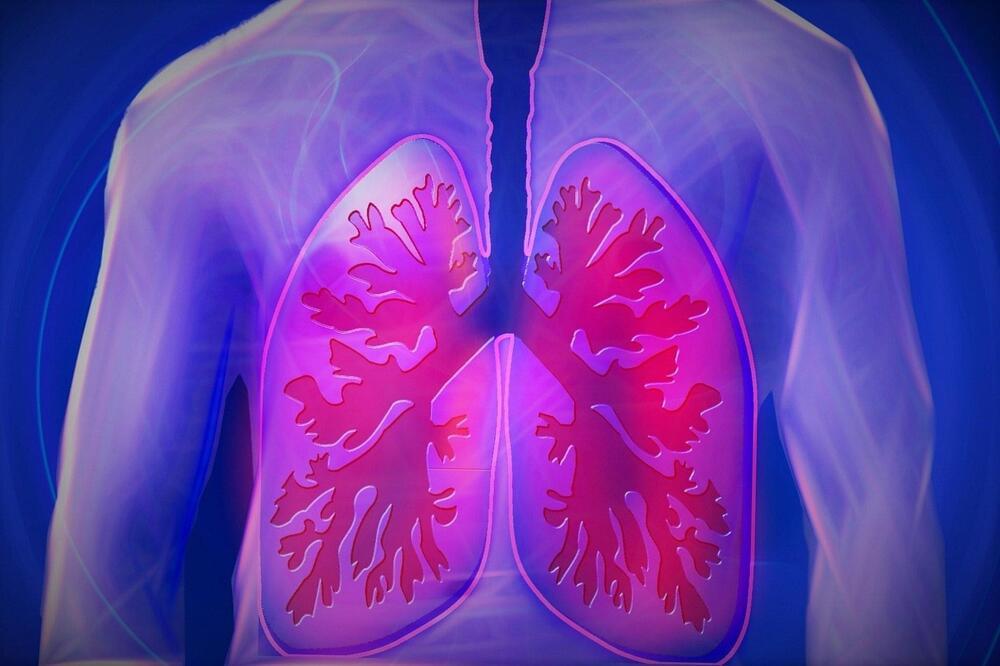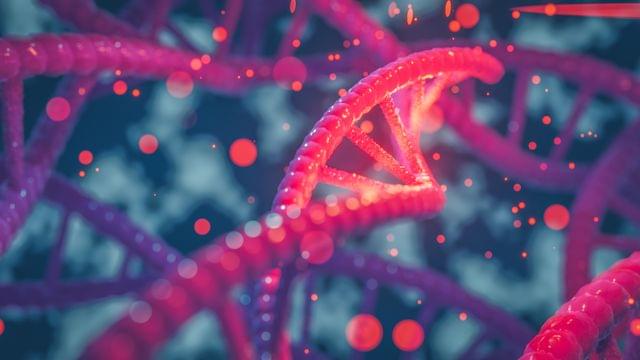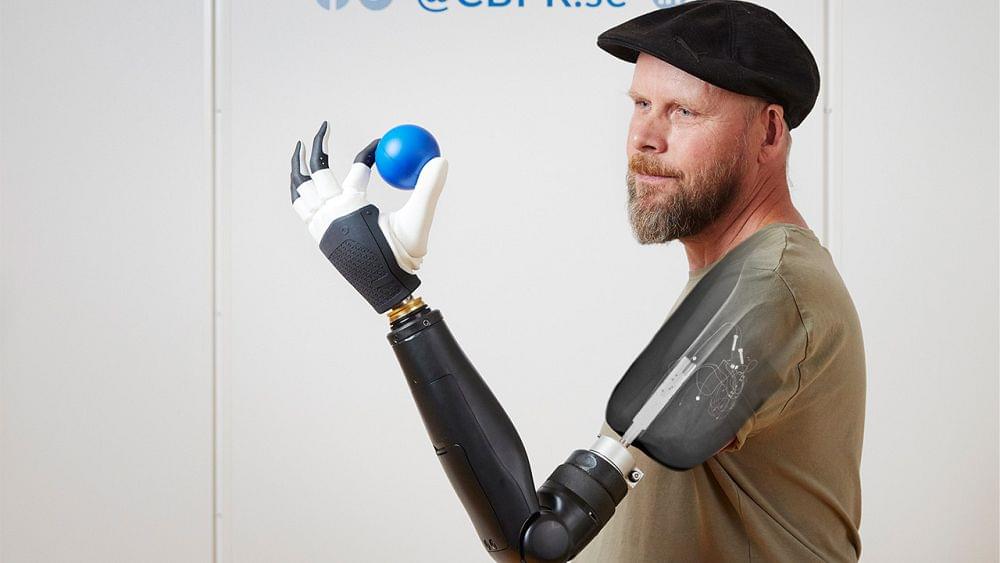A study claims that the quality of AI-generated responses to patient eye care questions is comparable to that of certified ophthalmologists.



This post is also available in:  עברית (Hebrew)
עברית (Hebrew)
Important computer systems at hospitals and clinics have been offline for over two weeks after a cyberattack forced emergency room shutdowns and ambulance diversions. According to Prospect Medical Holdings, progress is being made “to recover critical systems and restore their integrity,” but the company, which runs 16 hospitals and dozens of other medical facilities in various states could not say when operations will return to normal.
The recovery process for this situation can often take weeks, and in the meantime, hospitals are reverting to paper systems and people to monitor equipment, run records between departments, and do other tasks that are usually electronic.
New innovative technology is the first engineered bacterium that is able to detect DNA from cancerous tumours.

Researchers from the Center for Regenerative Medicine (CReM), a joint venture between Boston University and Boston Medical Center, have discovered a novel approach for engrafting engineered cells into injured lung tissue. These findings may lead to new ways for treating lung diseases, such as emphysema, pulmonary fibrosis and COVID-19.
The two studies describing the methodologies for engineering lung stem cells and transplanting them into injured experimental lungs without immunosuppression appear online in Cell Stem Cell.
For more than 20 years, the scientists leading this work have pursued a way to engraft cells into injured lung tissues with the goal of regenerating lung airways or alveoli. They suspected that for engraftment to be long-lived and functional it would be important to reconstitute the stem or progenitor “compartments” of the lung, also sometimes known as stem cell niches.


Vaccinations against tetanus and diphtheria, pneumococcus, and herpes zoster (HZ)- better known as shingles, are linked to a reduced risk of Alzheimer’s disease (AD). The corresponding study was published in the Journal of Alzheimer’s Disease.
Viral, bacterial, and fungal infections increase the risk of neuroinflammation, which may cause or exacerbate neurodegeneration and dementia. Vaccines may thus reduce neurodegeneration and dementia risk by reducing the risk of infection. Previous research, for example, shows that people who receive at least one influenza vaccine are 40% less likely than unvaccinated peers to develop AD.
Currently, the Centers for Disease Control and Prevention (CDC) Advisory Committee on Immunization Practices (ACIP) recommends older adults receive vaccines against tetanus, diphtheria and herpes zoster, and pneumococcus. The researchers behind the current study thus sought to see how these common vaccines may affect AD risk.
For C. Elegans, but but a cool use for the technology.
Magnesium Breakthrough 10% Discount _https://bit.ly/3O5tPfu_ Code Modern10 This video brought to you by BiOptimizers.
Here Prof Kaeberlein talks about the million molecule challenge and why he thought that it was necessary.
*Renue By Science* 10% : _https://tinyurl.com/4yrf4tv3_ Use SUBMHS for 15% discount on subscription orders.
*DoNotAge* 10% discount code MHS _https://tinyurl.com/ycyn9vhn_
Gym Bundle (Creatine, Collagen, CaAKG, D3/K2, Mg) https://tinyurl.com/2p9kf3by.
*ProHealth* 15% discount Code MODERN : _https://prohealth.pxf.io/c/3176409/1541296/17976_
NMN 1g capsules https://prohealth.pxf.io/Jz4dL2, CaAKG https://prohealth.pxf.io/75OrA5
*NOVOS* Core & NOVOS Boost $5 off with code MODERNnow5 _https://novoslabs.com/?ref=3957_
☕If you would like to support our channel, we’d love a coffee…thank you! _https://www.buymeacoffee.com/mhealthspan_
*Bulletproof* 15% off with coupon code: HEALTHSPAN15: _https://tinyurl.com/4npjk5vp_
*SiPhox Health* 20% Code MODERN blood test (only in US & Canada) _https://siphoxhealth.com/discount/modern_
*Insidetracker* 20% discount Code MODERN20 _https://insidetracker.sjv.io/NkbP7V_
*Delavie Sciences* 10% Code Modern Age Defying Serum https://tinyurl.com/yp2jmhy8 Eye Refresh https://tinyurl.com/mt8knv3s.
*OmegaQuant* 5% discount Code MODERN _https://omegaquant.com/shop/_
Dr. Kaeberlein’s research interests are focused on biological mechanisms of aging in order to facilitate translational interventions that promote healthspan and improve quality of life. He has published more than 200 scientific papers, has been recognized by several prestigious awards, and has Fellow status in the American Association for the Advancement of Science (AAAS), the American Aging Association, and the Gerontological Society of America (GSA). Dr. Kaeberlein is currently the CEO of the American Aging Association and has served on the Board of Directors for the Federation of American Societies for Experimental Biology (FASEB), AGE, and GSA. Dr. Kaeberlein is the founding Director of the UW Healthy Aging and Longevity Research Institute, the Director of the UW Nathan Shock Center of Excellence in the Basic Biology of Aging, Director of the Biological Mechanisms of Healthy Aging Training Program, and founder and co-Director of the Dog Aging Project.
Most of us who’ve reached middle age have noticed a slowing in memory and cognition, but scientists don’t have a clear picture of the molecular changes that take place in the brain to cause it.
Now, a study in mice has determined that the most pronounced changes occur in the white matter, a type of nervous system tissue that’s integral to transmitting signals across the brain. The study also examined two treatments — caloric restriction and infusions of plasma from young mice — that affect certain regions of the brain, with the plasma appearing to slow the age-related decline.
The results offer insight into the cognitive decline of normal aging, as well as the way aging contributes to neurodegenerative conditions such as Alzheimer’s and Parkinson’s diseases and multiple sclerosis.

New bionic hand with better move of fingers.
Successful testing of the bionic hand has already been conducted on a patient who lost his arm above the elbow.
In a world first, surgeons and engineers have developed a new bionic hand that allows users with arm amputations to effortlessly control each finger as though it was their own body.
The innovation could revolutionise the way prosthetic limbs are designed and used, with scientists hailing it as a “major breakthrough”.
